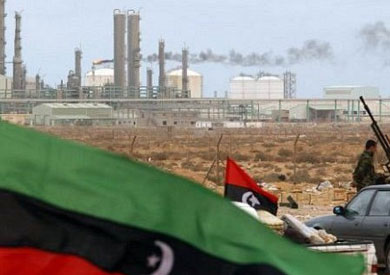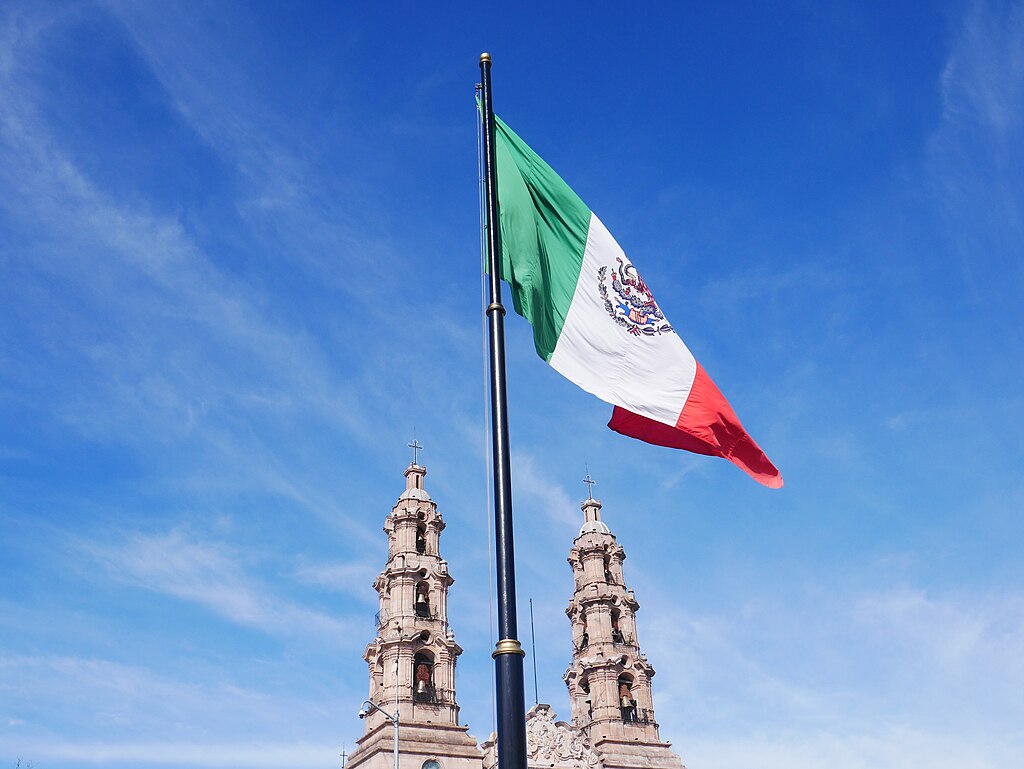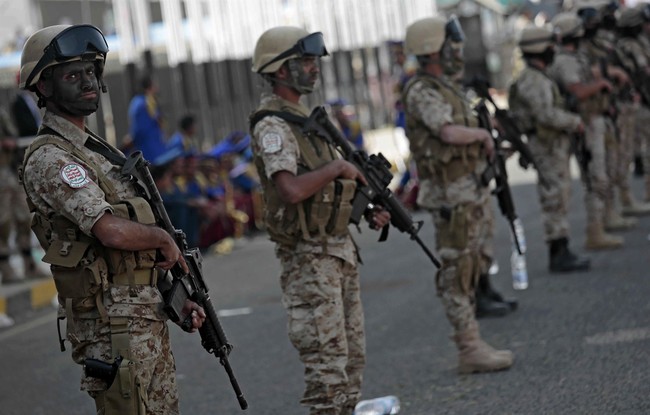Libya Faces Political Turmoil Amid Sharara Oil Field Closure
Libya's political landscape is increasingly tense as the closure of the Sharara oil field ignites accusations of political blackmail, worsening economic and social instability.
Published August 05, 2024 - 00:08am

Image recovered from shorouknews.com
In recent developments, the internationally recognized Libyan government has vehemently condemned what it describes as 'political blackmail' following the partial closure of the country's largest oil field, Sharara. The controversial move has seen production cut by at least 50,000 barrels daily, leaving operational levels at approximately 210,000 barrels per day. This reduction in output has raised alarms over potential further cuts, as the North African nation grapples with ongoing political and social strife.
The Libyan government, headquartered in Tripoli, decried the closure attempts as deliberate acts of extortion, vowing to defend the nation's economic interests and protect the vital Sharara field. Situated in the southern Murzuq Basin, Sharara is managed by the National Oil Corporation (NOC) in collaboration with partners such as Spain's Repsol, France's Total, Austria's OMV, and Norway's Equinor.
The field's operations have frequently been disrupted due to the persistent interference of armed groups and protesters demanding political concessions. The recent shutdown is attributed to local protesters allegedly seeking to pressure authorities over unfulfilled promises concerning development and improved living conditions.
This latest incident isn't an isolated case. Libya's oil production has historically been a flashpoint, exploited by various factions to achieve political leverage. This ongoing pattern of disruption has significantly undermined the country's economy, given that oil revenues constitute over 95% of state income. The impacts of these closures extend to the daily lives of Libyans, manifesting in fuel shortages, power outages, and declining economic prospects.
Prime Minister Abdul Hamid Dbeibeh and his interim government condemned the interruptions, highlighting the grave economic repercussions. According to Dbeibeh, these actions amplify the hardships faced by citizens, compounding the damage to Libya's already fragile economy. Affirming commitments to safeguard the nation's wealth, the administration has pledged to adopt all necessary measures to stabilize oil production.
Engineering sources on-site at Sharara confirmed to Reuters that local protesters wielding significant influence over the field's security personnel forced a halt in operations. These demonstrators have grown increasingly vocal, citing deteriorating socio-economic conditions and the government's failure to integrate their region into broader development agendas.
The role of prominent local figure, Saddam Haftar, has also come under scrutiny. Despite denying involvement, allegations surfaced suggesting Haftar's indirect influence over the shutdown, allegedly in retaliation for an arrest warrant issued against him by Spanish authorities on arms smuggling charges. The Libyan government has demanded clarity and action in response to Haftar's apparent defiance of legal norms, linking his directives to broader political scheming.
Furthermore, the National Oil Corporation has been urged by key stakeholders to declare a state of 'Force Majeure,' which would legally exonerate the state from fulfilling oil supply contracts impacted by unforeseen disruptions. This contentious move, if adopted, would establish a legal cover enabling Libya to navigate through the complex contractual obligations it faces with international oil firms.
The implications of Sharara's closure are profound, impacting both regional and international stakeholders in the energy sector. The disruption in production reverberates through global oil markets, given the field's capacity of producing up to 300,000 barrels per day, roughly a third of Libya's total output. Such fluctuations underscore the volatility of Libya's energy sector, plagued by intermittent blockades and a fragmented political landscape.
The Libyan eastern and western factions continue to vie for control, with the unity government's mandate challenged by the rival administration based in the east. The ongoing conflict, peppered with accusations of political maneuvering and vested interests, intensifies the struggle for control over essential resources like oil.
In conclusion, the shutdown of the Sharara oil field encapsulates the broader turbulence afflicting Libya. It underscores the intersection of political maneuvering, economic desperation, and social unrest. As Libya navigates these tumultuous waters, the international community watches closely, recognizing the far-reaching implications of stability or further decline in this strategically pivotal nation.







